Death is inevitable. Some deaths are sudden; some expected. Some can be prevented or slowed. Addictions kill and maim hundreds of thousands each year that we know of, and many more we don’t. Addictions destroy relationships and can lead to death and/or emotional trauma for those close to the addict.



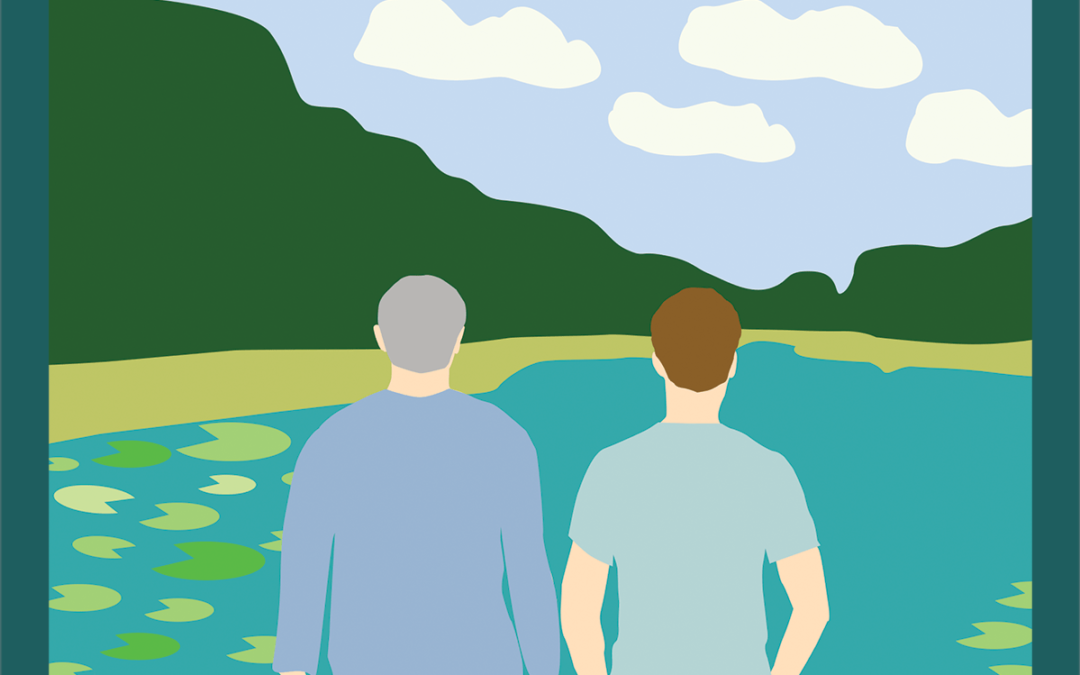
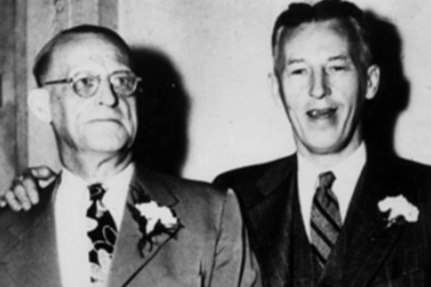



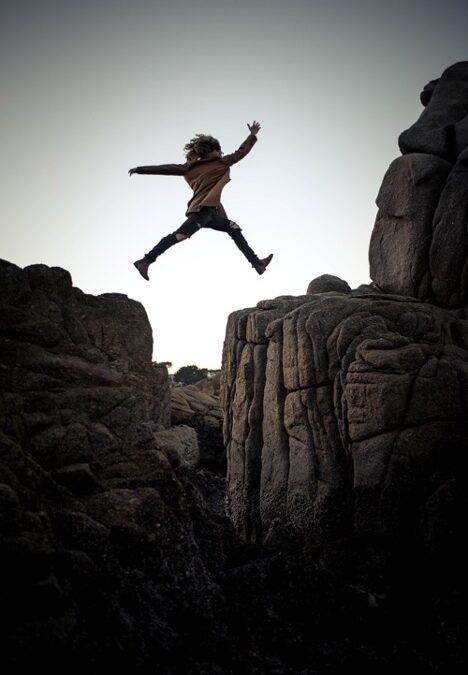
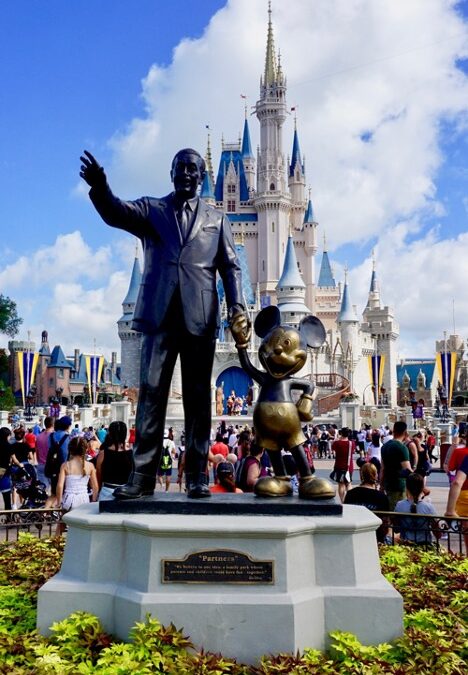
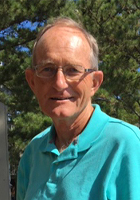 Tom Adams writes and speaks on topics vital to the intersection of our personal lives with our community and global lives. He has for decades been engaged in and written about nonprofit leadership and transitions, spirituality and spiritual growth, how we each contribute to a more just and equitable world and recovery from addictions and the Twelve Step recovery movement.
Tom Adams writes and speaks on topics vital to the intersection of our personal lives with our community and global lives. He has for decades been engaged in and written about nonprofit leadership and transitions, spirituality and spiritual growth, how we each contribute to a more just and equitable world and recovery from addictions and the Twelve Step recovery movement.